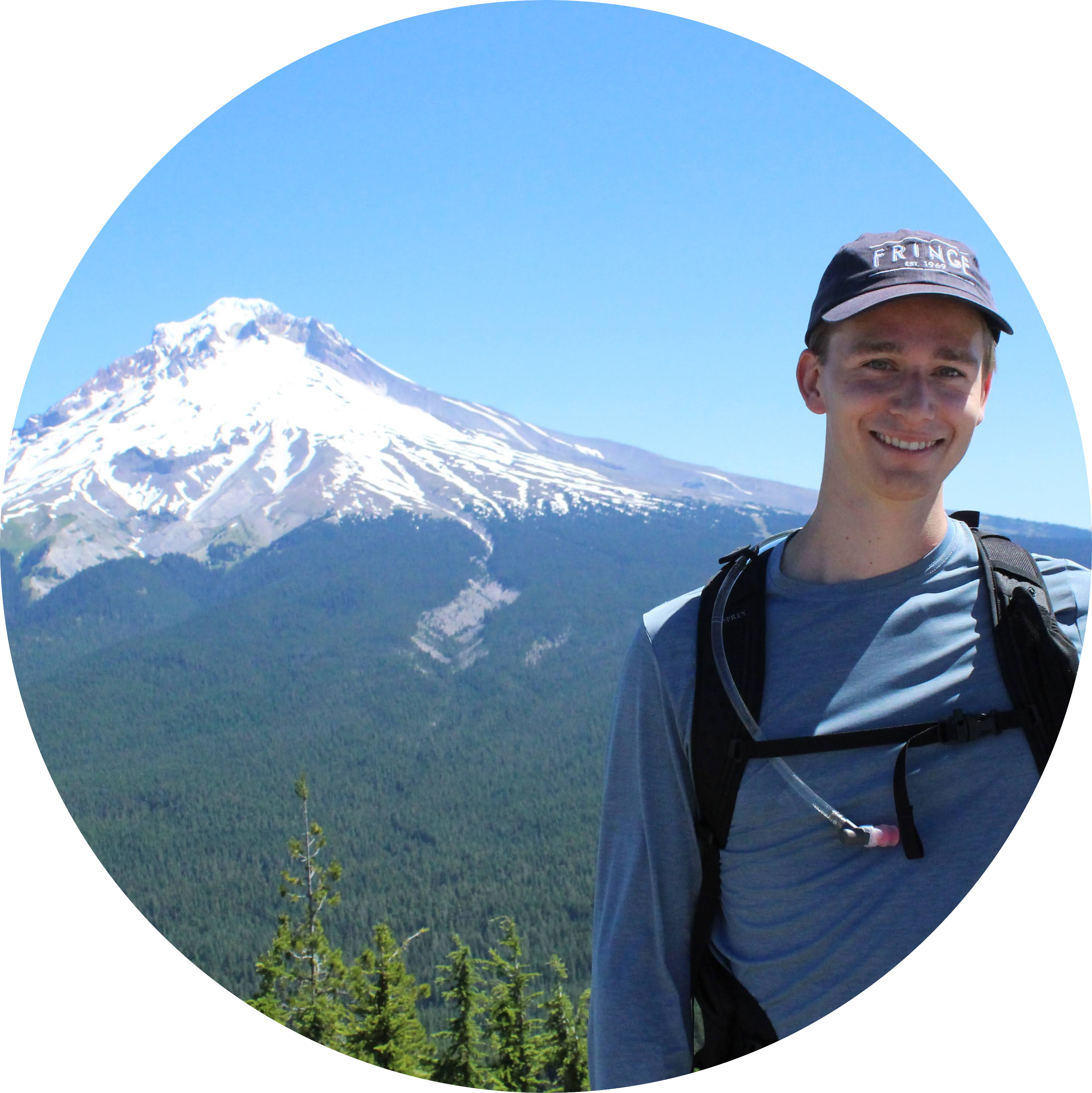
Quantum computing Ph.D. student
University of Chicago jchadwick@uchicago.edu
CV Github Google Scholar arXiv LinkedIn ORCiD
Quantum computing is in an era of limited resources. Current hardware lacks high fidelity gates, long coherence times, and the number of computational units required to perform meaningful computation. Current quantum devices typically use a binary system, where each qubit exists in a superposition of the $\ket 0$ and $\ket 1$ states. However, it is often possible to access the $\ket 2$ or even $\ket 3$ states in these same physical unit by manipulating the system in different ways. In this work, we consider automatically encoding two qubits into one four-state ququart via a compression scheme. We use quantum optimal control to design efficient proof-of-concept gates that fully replicate standard qubit computation on these encoded qubits.
We extend qubit compilation schemes to efficiently route qubits on an arbitrary mixed-radix system consisting of both qubits and ququarts, reducing communication and minimizing excess circuit execution time introduced by longer-duration ququart gates. In conjunction with these compilation strategies, we introduce several methods to find beneficial compressions, reducing circuit error due to computation and communication by up to 50%. These methods can increase the computational space available on a limited near-term machine by up to 2x while maintaining circuit fidelity.